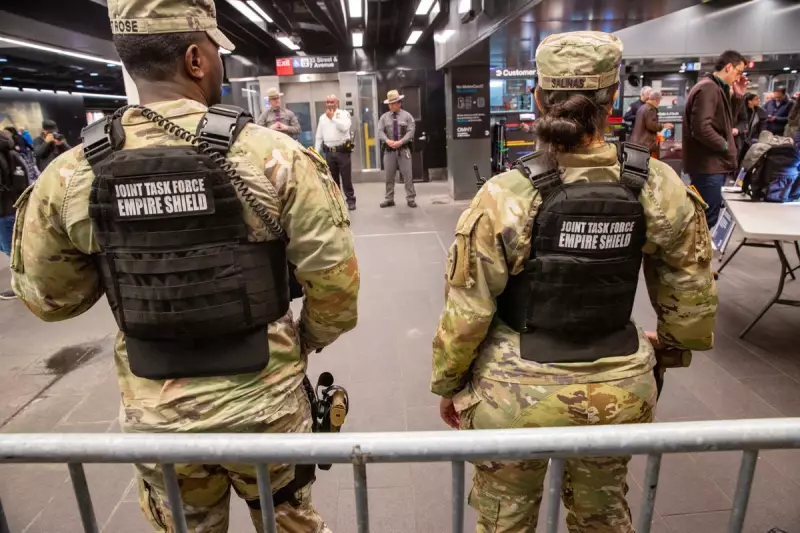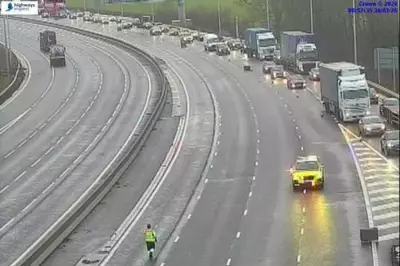
Startling documents have revealed that during Donald Trump's presidency, the Department of Homeland Security (DHS) devised plans for undercover operations targeting New York's Metropolitan Transportation Authority (MTA), according to a recent investigation.
The covert strategy, which never progressed beyond initial planning stages, would have seen federal agents infiltrate the nation's largest public transport network. This extraordinary measure emerged during a period of heightened political conflict between the Trump administration and New York officials.
Political Retaliation or Security Measure?
Sources indicate the proposed operations followed public disagreements between Trump administration officials and New York Governor Andrew Cuomo over various policy matters. The planning appears to have been a direct response to these political tensions, raising questions about the appropriate use of federal law enforcement resources.
A senior DHS official, speaking anonymously, confirmed that while operational concepts were developed, they were ultimately rejected by leadership. "These were preliminary discussions that never received formal approval," the official stated.
Transport Authority Responds
The Metropolitan Transportation Authority, which oversees New York's subway, buses, and commuter rail networks serving millions daily, expressed concern about the revelations. "Any attempt to compromise the integrity of our operations would be deeply troubling," an MTA spokesperson commented.
Security experts have questioned both the legality and practicality of such operations, noting that the MTA already maintains robust security protocols and collaborates extensively with federal agencies on legitimate security matters.
Broader Implications for Federal-State Relations
This disclosure comes amid ongoing debates about the politicisation of federal law enforcement agencies and their relationships with local authorities. The incident highlights potential vulnerabilities in the delicate balance between federal oversight and state autonomy.
Congressional oversight committees are reportedly reviewing the matter, though no formal investigations have been announced. The revelations continue to spark debate about appropriate boundaries in federal-state security cooperation.





